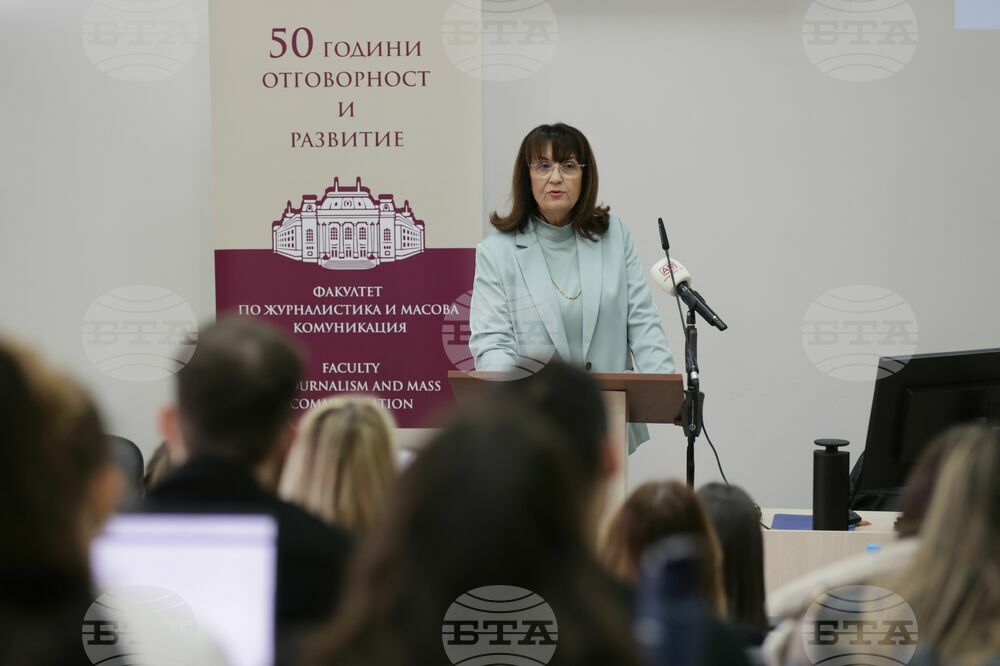site.btaNew Multilingual Board Game and Mobile App Aim to Raise Media Literacy and Counter Fake News


The Media Masters: Enhancing Media Literacy project, funded under the European Union's Citizens, Equality, Rights and Values programme, aims to tackle fake news and misleading content on social media through a multilingual board game and mobile app, said Professor Vesselina Valkanova, Dean of the Faculty of Journalism and Mass Communication at St. Kliment Ohridski University of Sofia. She spoke Thursday at the opening of the conference titled "The Impact of Fake News on European Democracies."
According to Valkanova, the project recreates real media and news situations, encouraging users to respond to disinformation. “In developing the project, we agreed that in the age of disinformation and digital noise, media literacy is a crucial tool for people to make informed choices, develop critical thinking, build digital culture, and ultimately defend democratic values,” the Dean said. The project involves a consortium from nine EU countries: Bulgaria, France, Italy, Spain, Croatia, Greece, Cyprus, Slovenia, and Ireland.
Valkanova explained that the project will also engage students from both primary and secondary education levels. The initiative, according to her, is bold in its aim to engage young people in social projects and civic dialogue. One of the goals is also to provide valuable data for future research, with results to be published.
She further shared that all scenarios and questions included in the game and app are based on real events. Besides political news and events, the game also includes topics that are closer to the target age groups. "We believe, together with our colleagues in the consortium, that this is the most effective way to spark young people's interest and encourage discussion and engagement," Valkanova said.
"Disinformation is a complex phenomenon that spreads widely on a global scale, undermines human rights, and poses a real threat to European democracies. Recent technologies make disinformation even harder to recognize. Now, artificial intelligence is involved, making fake news, deepfake videos, and online fraud more convincing than ever before. In fact, the biggest threat is the difficulty in distinguishing fake from real, verified content. The danger is not just the existence of fake news in today's communication environment, but the speed and scale at which they spread," Valkanova said. She noted that in today's world, cybersecurity is not just a matter of technology but also of human behaviour.
The Dean believes that countering disinformation should be done through educational projects, programmes, and campaigns, including those in traditional media, not just new media.
“Although media literacy education is already standard in many English-speaking countries, like the UK, Canada, and Australia, it is still not widespread in the United States, where the decentralized education system hinders this process,” Valkanova explained. However, media literacy has not become a standard educational programme globally, including in Bulgaria, she added.
"Youth today use social networks and digital platforms differently. This can contribute to building civic engagement. However, I do not share the view of some scholars that this civic engagement arises spontaneously from the use of digital media. On the contrary, I believe that media literacy education is essential to create the cognitive and social framework on which attitudes, reflexes, and, ultimately, civic engagement and social responsibility can be built," Valkanova concluded.
/YV, MT/
news.modal.header
news.modal.text